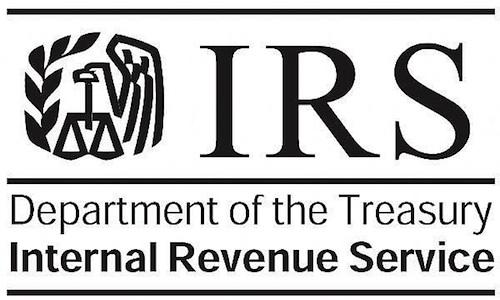The Treasury Department and Internal Revenue Service have issued proposed regulations under the Tax Cuts and Jobs Act (TCJA) that provide guidance for tax-exempt organizations that are subject to the unrelated business income tax with more than one unrelated trade or business on how to calculate their unrelated business taxable income (UBTI).
The proposed regulations provide guidance on identifying separate trades or businesses, including investment activities, as well as certain other amounts included in UBTI.
Changes under the TCJA require tax-exempt organizations subject to the UBTI tax to compute UBTI, including any NOL deduction, separately for each trade or business (referred to as a “silo”).
Under prior law, UBTI was the gross income of all unrelated trades or businesses less the allowed deductions from all unrelated trades or businesses. Starting in tax-year 2018 (tax years beginning after Dec. 31, 2017), the loss from one trade or business may not offset the income from another, separate trade or business.
Updates on the implementation of the TCJA can be found on the Tax Reform page of IRS.gov.
Thanks for reading CPA Practice Advisor!
Subscribe Already registered? Log In
Need more information? Read the FAQs




